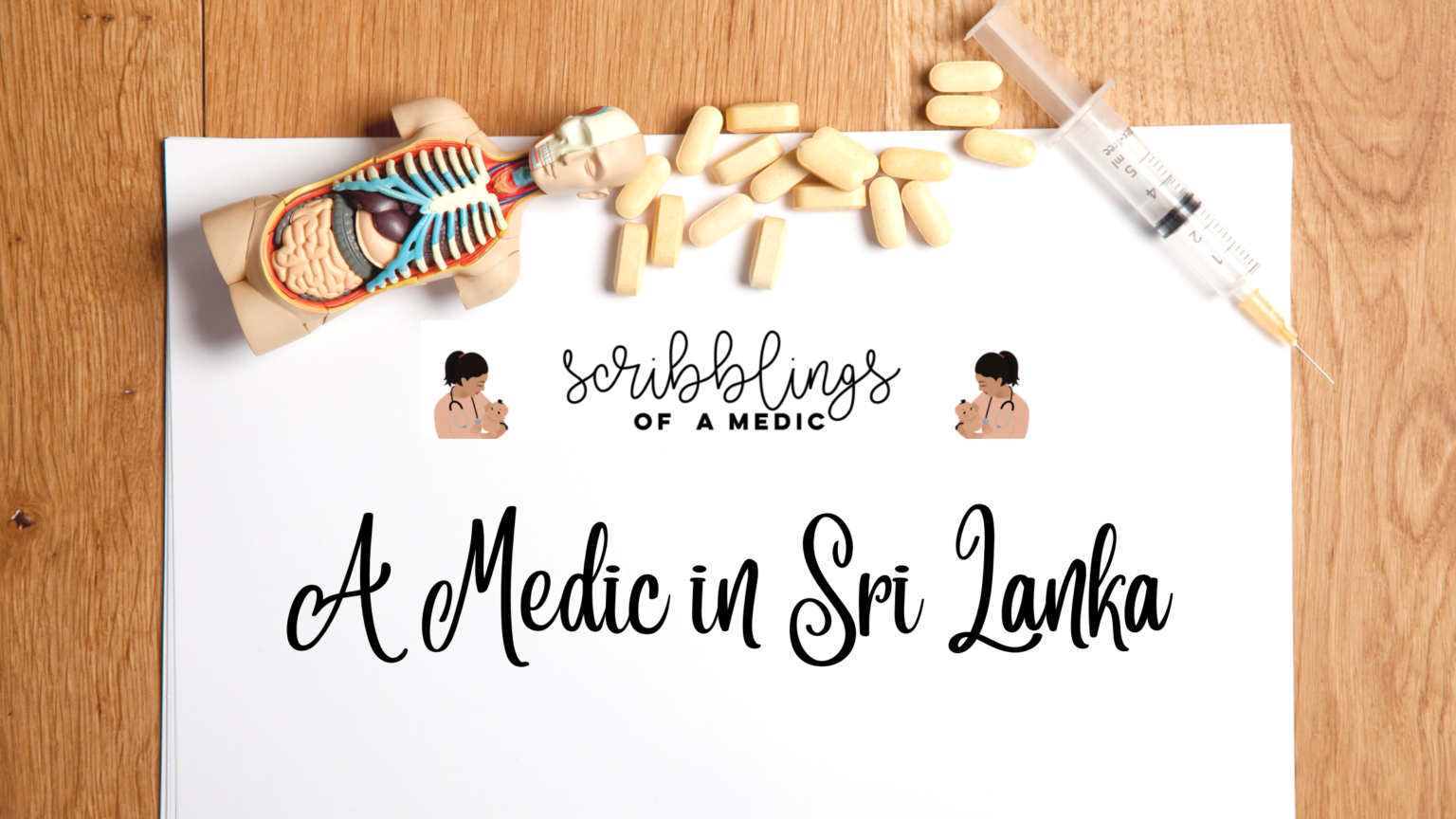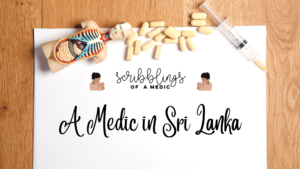So you think you have a while to prep for these exams (I had a good 6 months) and so you may have some sort of a social life. But wait, you gots to go for these classes. And I don’t mean the one hour, two hour kind of classes. No these classes are about 4 hours long! PER SUBJECT and may even be twice a week.
The classes are conducted by mostly registrars/senior registrars in the specialized field. They are studying/have recently studied for their postgraduate exams and hence have the most up to date knowledge when it comes to these subjects. All the teachers I went to were very approachable and were always contactable if I had any questions.
So how do you balance it all?
Get organized!
There is a method to this madness. The teachers have come together and thought of a plan that actually works and means that nobodies classes collide (saves a lot of drama). For example, all the paediatrics teachers have their theory classes on tuesdays and thursdays, and all the medicine classes are on mondays and fridays.
Sign of relief? Keep holding your breath. Some days you have classes both in the morning and afternoon, i.e. 8:00 am to 12:00 noon and 4:00 pm to 8:00 pm.
The best way to keep track of this is to make yourself a schedule. It would be useful to give this to your family so they know where you will be because I can assure you they will see less of you than when you actually were in medical school.
Do your research.
Lots of information about the erpm classes can be found on facebook. All teachers have a similar start date for their syllabus and so the best thing to do would be to message them on facebook and ask when they intend to start their classes.
Each teacher has different styles of teaching. Some have the classic hand outs & power point style whilst some have the more interactive, demonstrative style. We all learn differently and so whatever floats your boat really.
In the first week of lectures, I would advice anyone to go for as many different classes as possible. Experiment with different classes so you can find the best teacher for you!
What are the classes really like?
Most classes are held around the Bambalapitiya/Wellawatte area so getting around isn’t too difficult.
Some lecture halls are better than others. IAS & Sipna are both in Bambalapitiya whilst Sigma is in Havelock town. IAS and Sipna are both a bit run down, near the sea and down busy lanes so parking is a bit difficult but if you get there early enough then you can find parking (there may be a small fee to pay!). Sigma is a fancier, with more comfortable classrooms. All the institutes are A/C’d and have toilets (not the cleanest but 4 hours is a looooong time to have to hold it in). They all also have a canteen or nearby short eat joints where you can go to get a snack!
The lecturers give a 30 min break halfway through the class so you get a chance to stretch your legs and grab a snack. Classes can be a drag, so COFFEE, COFFEE, COFFEE!
All the lecturers give you handouts with more than enough information for the exam and crack jokes to keep the class going. The number of students in each class will range. The most popular classes have unto 200-300 students. So if you want to get a good seat, you have to show up a little bit early. If you have any questions, you can pass a note to the front of the class for the lecturer or approach them before/after class.
Viva? Same difference?
I stuck with my same theory teachers for the viva and it works. You apply your theory knowledge learnt and just add on the clinical skills. Most teachers split you into groups for you to practice your clinical skills. Different teachers have different styles, but again there is nothing like practicing on the real thing which would mean that for more clinical experience you need to do some shadowing at a hospital. Government hospitals are harder to get into for shadowing, but definitely have the most diverse patients and hence better clinical experiences.
The ministry of health can assign you to a hospital, but you need to apply for this early. I would advice you to do so as soon as you finish the theory exams, even before the results come through. You need to fill out an application form at the ministry of health.
My lecturer list (circa 2015/2016 – please note that all the SR’s are now consultants):
- Medicine – Dr. Chamara Rathnayake (SR Cardiology)/Dr. Nilanthi Fernando-Nanayakkara (Consultant Neurologist) – They both gave very organised notes and had very good classes, but due to various reasons they both stopped doing classes. I’ve heard the Dr. Vithoosan also does really good classes, but they are a little jam packed.
- Surgery – Dr. Banagala (SR Orthopaedics) – Super organized! Super committed! Uses a lot of interactive techniques in order to teach.
- Paediatrics – Dr. Krishan (SR Paediatrics) – So funny and definitely knows how to keep the class going. The notes are a bit here and there all over the place, but he teaches in a way that makes it stick in your memory.
- Gyn & Obs – Dr. Ruwan (Consultant Obs & Gyn) again very funny, but drills in all the important facts that you need for those tricky mcqs. His notes are very very concise (almost always just a page or two) so you will need to jot down all the extra points he verbally says.
- Forensic Medicine – Dr. Prasan (JMO) – he is good, but he makes you write down all the notes in an effort to improve memorization. It’s really taxing on your hands though. I’ve also heard that Dr. Rajeev is quite good, especially with his revision.
- Community Medicine – Dr. Lagath Udara – Let’s be honest, the subject itself is such a drag. Why do I have to know how tall the doors/windows of a house have to be? I will never know. He’s pretty stern, but his notes have everything you need for this exam.
You can have a look at what my schedule looked like here: erpm schedule edited
Content for the exams (found this randomly online): Syllabus





